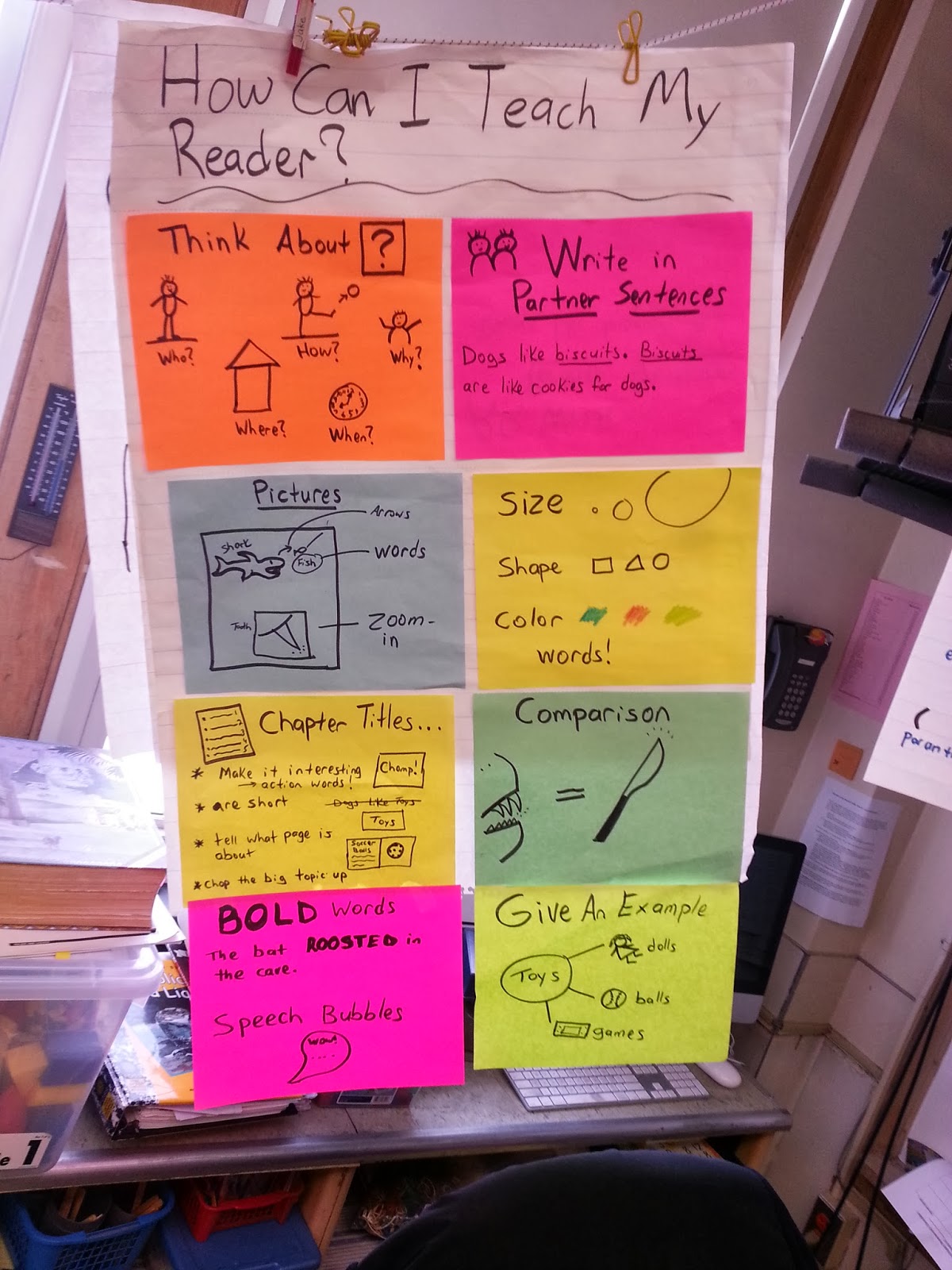Here is a great web image on one of my favorite, and probably oldest, teaching techniques - The Socrative Questioning Method!
Wikipedia summarizes it as "The phrase Socratic questioning is used to describe a kind of questioning in which an original question is responded to as though it were an answer. This in turn forces the first questioner to reformulate a new question in light of the progress of the discourse."
Monday, March 31, 2014
Fearless Leaders - Pt. II
If we take what Mr. Mandela states about success and failure, it is not how much we succeed that matters. It is how many times we get up in spite of failure.
In education, I constantly tell our teachers and students that it is okay to FAIL, as long as you learn from it and get back up and try again.
To FAIL = First attempt in learning.
Someone stated to me a few weeks back that failure in learning IS learning. If our students get the answer right the first time and we never push them to try new things and fail, then we are not doing our jobs as educators correctly. We need to push our students to fail. We need to help them learn and understand what those failures mean and how they can then turn them into successes.
Wednesday, March 26, 2014
Fearless Leaders - Part I
Just some inspiration to get you through your day, week, or month! Always speak up and stand up for what you believe in, especially if it is for our students.
Wednesday, March 12, 2014
A review of my visit to Summit, NJ: Readers and Writers Workshop at Washington Elementary
On Monday, we here at Green Brook Township Public Schools had the amazing opportunity to visit and see the great students and teachers at Washington School in Summit, NJ!
We were there to meet and talk about Readers and Writers Workshop, to which they have been doing for nearly a decade. Mrs. Lauren Banker, the school Principal, was kind and nice enough to set up a pre/post conference and four demo lessons to see both types of workshops in action. We saw students as young as 1st grade and as experienced as 5th grade in the workshop model. It was fantastic.
My Take-Aways:
- No pre-made bulliten boards - the charts are made just for that class with those students in mind.
- Mini-lessons are just that, mini. 10 minutes or less!
- In the workshop model, teachers get more face-to-face time with students, thus, more interaction.
- No workbooks/textbooks here - not one cookie cutter book to be found.
- Reading begets more reading. As the students read in school, they also continue to read at home.
- The students work in pairs all year to increase discussion/listening skills.
- When the students are invested in their own work, they care. Their engagement was through the roof.
- The expectations are high - the Common Core is already being exceeded here with these models.
- The students, even as young as 2nd grade, are making text-to-text connections.
- Enthusiasm and passion of the teachers comes through when they can share the stage and be the guide on the side.
- The kids read and read and read ... they also write voluminous notebooks worth of work.
Here are some photo highlights of the classrooms and their phenomenal work!
 |
| A readers workshop model in action in this Third grade classroom. |
 |
| Teach your reader! |
 |
| First Grade chart on keeping notes in their books! |
 |
| Fourth grade chart on Non-Fiction Text Structure |
 |
| Fourth grade library - Broken down by levels and by genre. |
Of course, there are challenges. Such as:
- It takes time to build libraries, even with donation and online books.
- Some schools are tied to the texts.
- Movement from a teacher-centric model to a student-centric model.
- Takes a lot of time to get it right (They are in their 10th year working on it).
- It is a change in mind-set that may be tough for some to overcome.
So, why does this model work? It is because the onus is on the students. The workshop model allows the teacher to be a facilitator and coach rather than a sage on the stage. It also allows the teacher to get out of the way of authentic, organic learner that goes on. In each and every classroom, I saw students passion. That is not something that comes across when you are reading from a textbook or just looking at a ditto. There are no "skill and drill" activities. Just real learning and passionate teaching.
Thank you, Washington Elementary!
Subscribe to:
Comments (Atom)